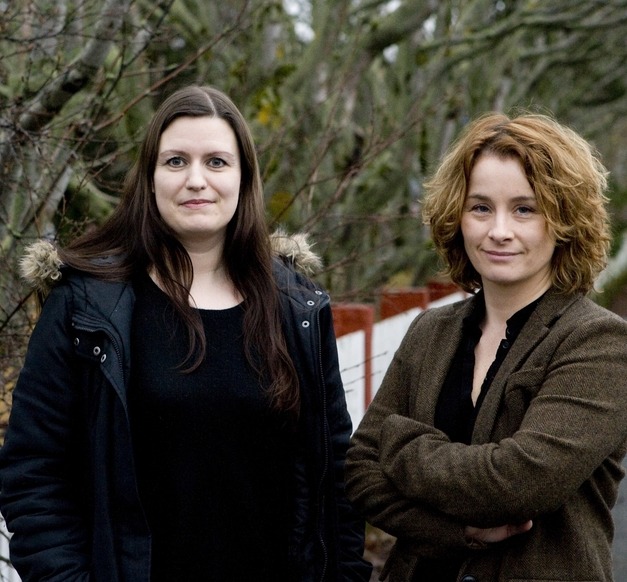“I find it both worthy and pressing to examine why we do not respond to the environmental crisis in a more responsible manner. The United Nations has even issued a decree stating that the environmental crisis is one of the biggest challenges mankind has ever faced,” says Ragna B. Garðarsdóttir, Assistant Professor at the Faculty of Psychology.
She is currently working with Erla Hlín Helgadóttir, Master student in Environment and Natural Resources, on a questionnaire to evaluate the judgement errors and other fallacies that discourage a responsible position in environmental affairs or what is known as environmentally responsible behaviour. “I wrote my BA thesis in Psychology under Garðarsdóttir’s supervision and was very interested in continuing to work with her.” Human behaviour is an exciting subject and these studies combine psychology and environmental science in an interesting way,” says Helgadóttir.
Garðarsdóttir says that such judgement errors which occur when people brush off the problems they face have sometimes been called psychological obstacles. “Human thought is full of errors that enable us to wave aside difficult and threatening information. This is often convenient and protects the individual in a manner of speaking, but it can also lead to neglecting an imminent threat; similar to what happened in the events leading up to the economic crash. We now face a much more dire crisis, the crises of eco-systems, but still people are reluctant to try to avoid it.”
Garðarsdóttir says that future generations will wonder why our generation did not react when all these red flags were raised. Garðarsdóttir adds that in 2009 a professional group from the US psychological association issued an overview of which obstacles are most likely to prevent environmentally responsible behaviour and called for research on those hindrances. “I assumed that some would have answered the call and created a parameter I could use in my study on consumer behaviour and environmental crises; but there was none. That is why I decided to make my own questionnaire and recruited Helgadóttir to work on the task.”
The work began as a project funded by the Innovation Fund, but will continue as a part of Helgadóttir’s MA thesis in Environment and Natural Resources, under Garðasdóttir’s supervision. “The results of research using this parameter will hopefully provide both practical and theoretical gains,” says Garðarsdóttir. Knowledge of the hindrances involved make the intervention to change human behaviour more precise and policy making more focused; which is a pressing matter here in Iceland. Even though Icelanders refuse to believe it; their Ecological Footprints are among the biggest in the world. Our behaviour needs to change drastically for the development to become sustainable.”



